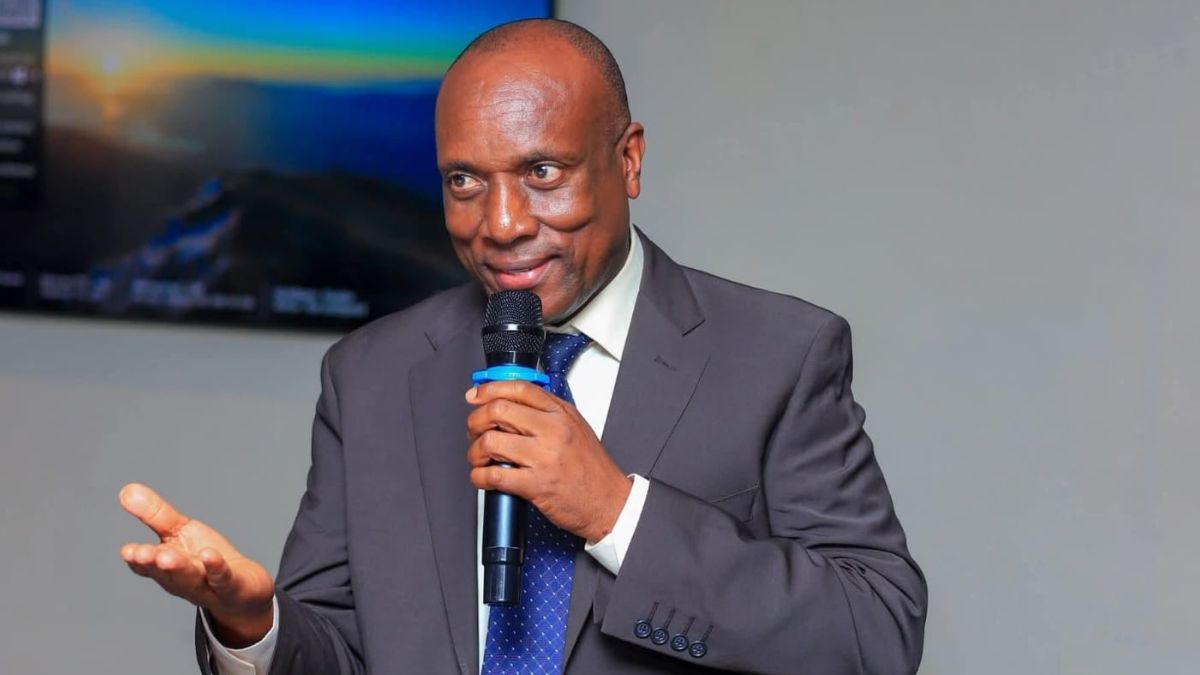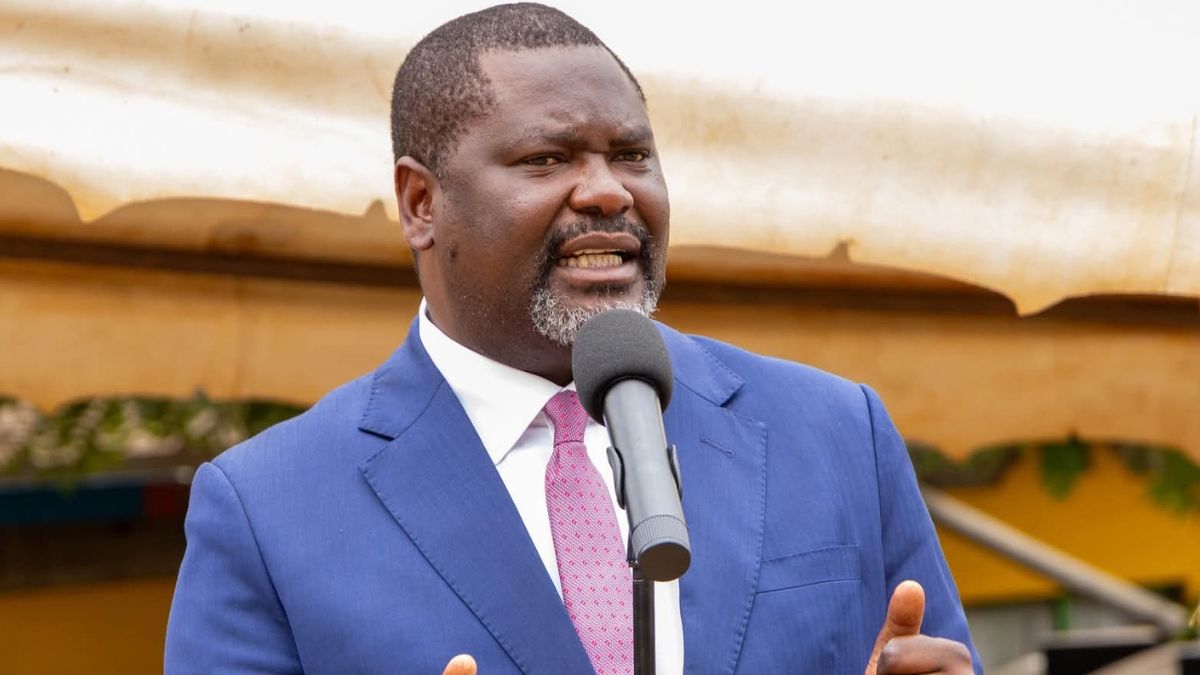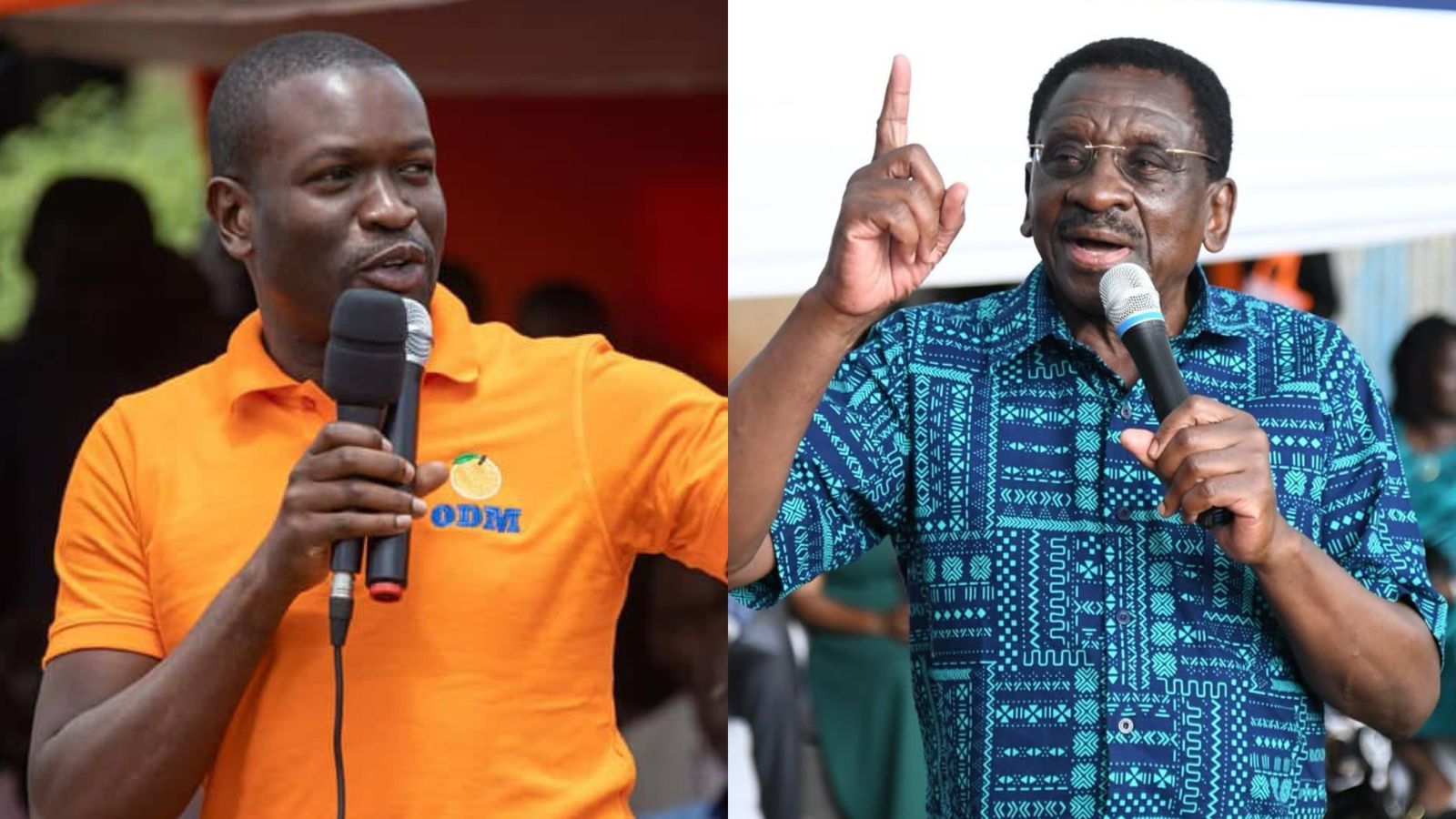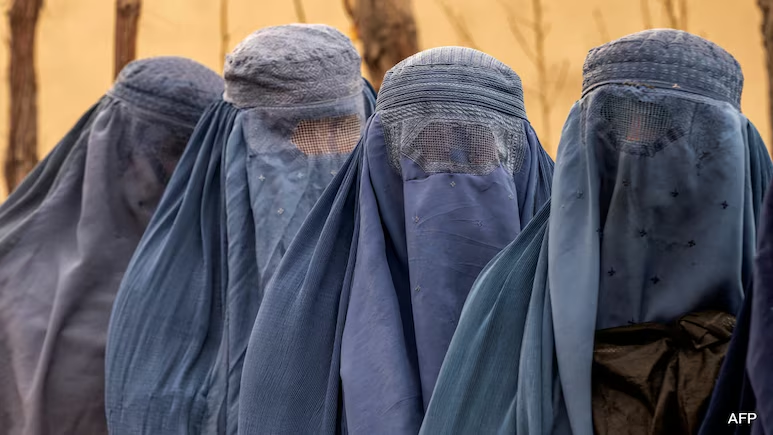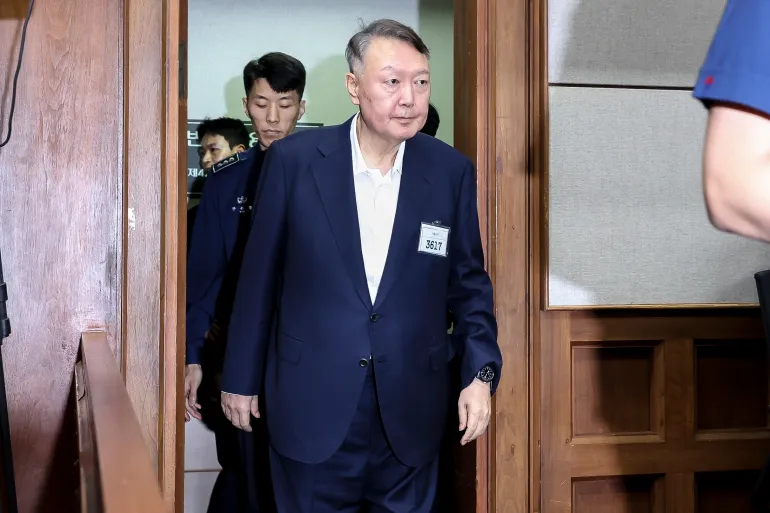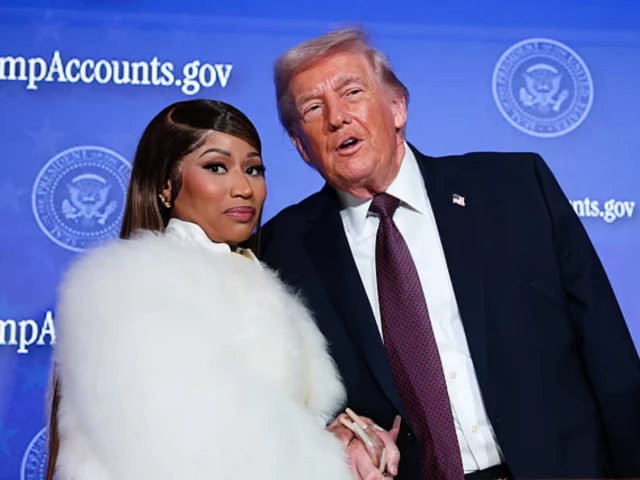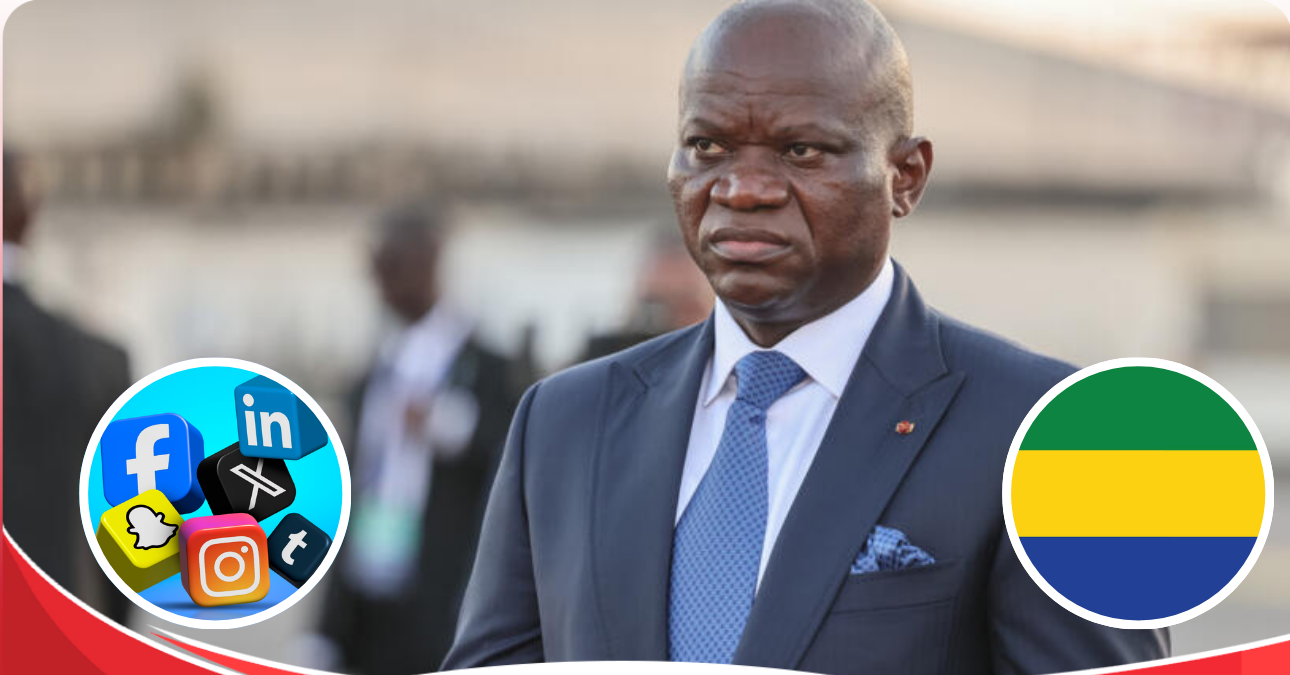A staggering 57% of Kenyan athletes have experienced sexual, physical, or emotional abuse, with many reporting repeated incidents, according to a 2021 study by the Ministerial Committee on Gender Welfare in Sports.
Alarmingly, 43% of these incidents occurred during team trips, social gatherings and changing rooms, spaces that should be safe for athletes.
While sports are often celebrated for discipline, teamwork and empowerment, these figures reveal a sector where Gender-Based Violence (GBV) thrives, fueled by power imbalances, isolation and institutional neglect.
A Deeply Rooted Crisis
In Kenya, sports operate under strict hierarchies. Coaches control selection, exposure and success, while athletes, particularly young girls and women, are taught to obey and “tough it out.” This dynamic fosters environments in which abuse is normalized and victims remain silent.
The Smart Ladies Youth Initiative (SLYI), working in Kisumu and Migori counties, has documented how structural and cultural weaknesses leave survivors without the knowledge or support to identify or report abuse.
Common patterns include:
Power Imbalance: Authority of coaches over vulnerable athletes.
Culture of Silence: Fear of reprisal discourages reporting.
Isolation: Training camps and travel remove athletes from family support.
Institutional Neglect: Federations prioritize medals and reputation over safety.
Gender Gaps: Male-dominated leadership silences female voices in decision-making.
Recent assessments show that almost all federation officials in Kisumu and Migori agree that GBV is a serious problem. Many requested more sensitization, noting they were unaware of existing policies and safeguarding guidelines.
Elizabeth Obong’o, Hockey and Development coach in Kisumu, shared her experience:
“Resources are limited or, at times, non-existent. There is limited support from relevant authorities. Fear of victimization among affected persons means that many cases go unreported. Female athletes are more vulnerable and constitute the majority of those who suffer GBV, which can be physical, sexual, or financial.”
She emphasizes that community-wide sensitization is critical, not just within sports:
“Educating the entire community on GBV will go a long way. Bringing cases forward allows justice to prevail and empowering all members of the community creates a safer environment for everyone, not just female athletes.”
Rethinking the Sector
Following the tragic death of elite runner Agnes Tirop in 2022, Kenya adopted the Agnes Tirop Post-Conference Resolutions, designed to eliminate GBV and promote gender inclusivity in sports. Yet, implementation remains inconsistent.
Many federation officials acknowledge GBV exists but lack clarity on how to detect, document, or respond. Safeguarding policies are often absent or non-operational, leaving athletes exposed.
The message is clear: the sports sector must prioritize safety, accountability and gender equity as seriously as medals and performance.
Building a Safer Future
SLYI’s interventions in Kisumu and Migori aim to create systemic change:
●Training and sensitization of federation officials on GBV prevention and response.
●Establishment of County Sports Safeguarding Committees to institutionalize safety mechanisms.
●Documentation of survivor stories to support advocacy and policy reform.
●Community-wide forums promoting gender equality and empowering women to lead.
These measures aim to cultivate a sports culture where athlete’s safety is foundational to performance and pride.
A Call for Collective Responsibility
GBV in sports is a systemic failure requiring collective action. Government institutions, federations, sponsors, parents and athletes must collaborate to create safe, inclusive sporting spaces.
As Eunice Dollar, Executive Director of Smart Ladies Youth Initiative in Kisumu and Smart Youth Initiative in Migori County notes.
“Protecting athletes is not a favour but a duty. We can no longer celebrate victories while ignoring the violence behind them. Every federation, coach and leader must take responsibility for creating a culture where safety, respect and equality come before medals.”
The time to act is now. Sporting institutions in Kenya must strengthen governance, enforce safeguarding structures and empower survivors to speak without fear.
Behind every statistic is a young athlete whose dream deserves protection, not silence.


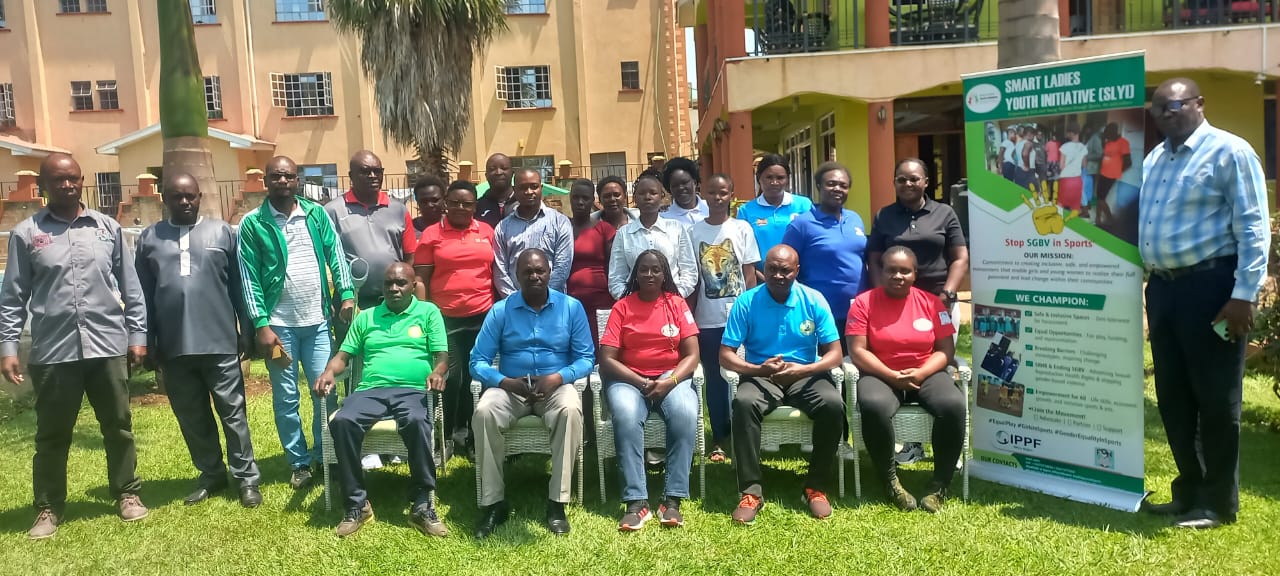
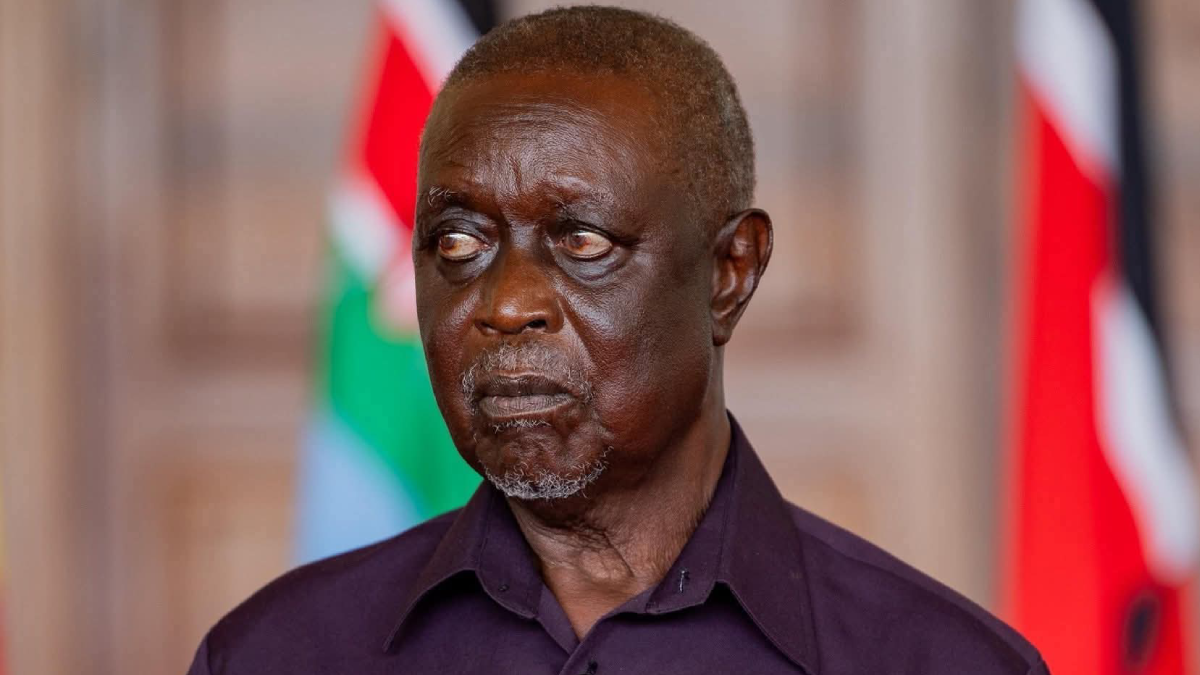

![ACK Mbita Church demolished in alleged land Fraud, faithfuls left stranded [PHOTOS]](https://www.tv47.digital/wp-content/uploads/2026/02/WhatsApp-Image-2026-02-22-at-17.55.08.jpeg)
